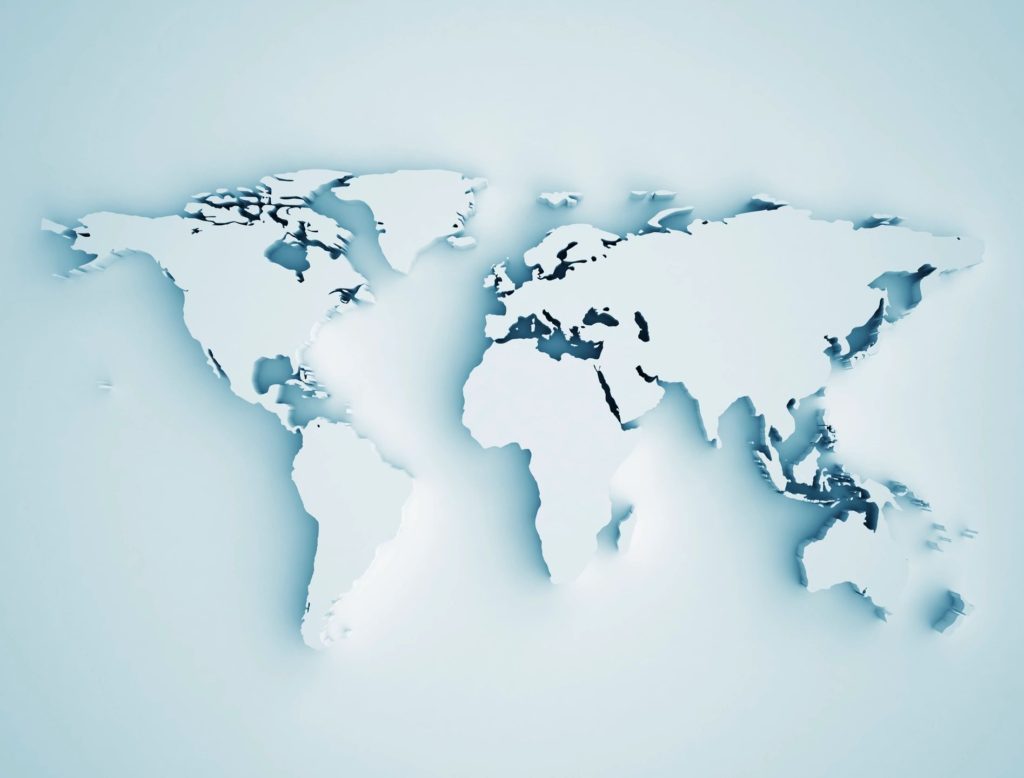How much fiction from other parts of the world do you read?
When I attended high school in Kentucky in the late seventies, my English class reading lists were very traditional—as in traditionally Euro/America-centric. They were replete with Shakespeare, Dickens, and Nathaniel Hawthorne, etc. But there were outliers like John Irving’s The World According to Garp, which from my sixteen-year-old point of view was delightfully scandalous. (It was the seventies, right?) Around that time I also picked up a Harold Robbins book or two from my parents’ shelves, though to be fair, that’s also where I first discovered MacBeth.
In school we also read Dostoyevsky and Chekhov (Russian), Ibsen (Norwegian), Kafka (Austrian), Plato (Greek), as well as the epic poems, Beowulf (Anglo-Saxon), and Song of Roland (French). Most everything else was either American or British. You see where I’m going here. There was no such class as World Literature. It was just English 9, 10, 11, and 12. No broader looks at non-Western cultures. It was Western Lit all the way.
College for me was a Bachelor of Science in business degree, and so my fiction reading was purely off-syllabus, featuring Jane Austen, the Brontë sisters, Michael Crichton, Ken Follett, Stephen King, Peter Straub, and…Tennessee Williams.
You can see that I didn’t have a very deep well to draw from at the beginning of my writerly education. And while there have been many great writers whose own influences were decidedly geographically and culturally limited, anyone can now overcome those limitations easily: Internet lists, free online lectures and podcasts, discussions with other writers either in person or on social media, networked libraries. I lucked out and got to meet and listen to a number of established writers when I worked at my university’s public radio station, and later took writing classes. And I can’t tell you how many of my husband’s publishing and academic colleagues gave me recommendations when I asked. I devoured books by Gariel Garcia Márquez, Isabel Allende, Umberto Eco (okay, he’s Italian, but he counts), Jun’ichirō Tanizaki, Haruki Murakami, Henning Mankell, Isak Dinesen, Salman Rushdie, Chinua Achebe, and others, others, others.
While I’ve never set my work in a country besides this one, that doesn’t mean I haven’t been influenced by those writers from other cultures. That’s one of the things that’s so attractive and important about novels and stories, isn’t it? We can immerse ourselves in the unfamiliar in ways that we can’t by watching a film or staring at photographs. The communication between a writer and a reader is intimate, and builds understanding. Understanding is something every writer needs to have buckets of.
This week I’m putting together a World Literature reading list for my son’s senior year of high school. I’ve been stunned to see that many of the high school World Lit lists online still lean very heavily on Western culture. That’s a very narrow definition of world. I want him to know just how rich in stories the whole world is.
What books would be on your World Literature list?

